40 F. high in the Twin Cities Sunday.
30 F. average high on December 6.
32 F. high on December 6, 2014.
45 F. high yesterday at International Falls. 1" snow on the ground.
0" snow on the ground as of 7 PM Sunday.
December 7, 1982:
Due to unseasonably mild temperatures during the preceding weeks, a
farmer near St. Bonifacius is able to bail his 4th crop of alfalfa hay
on this day.
December 7, 1927: A blizzard hits the Arrowhead region with heavy snows and 70 mph winds at Duluth.
Winter No-Show: 40s This WeekCooling to "Average" Next Week
I
had an out-of-body experience yesterday. "Honey, the lawn needs mowing"
my wife suggested. Glancing at the Vikings score it almost seemed like a
good idea.
AerisWeather meteorologist Todd Nelson told me outdoor
hockey rinks aren't open yet. Here's a thought: flood the rinks and try
paddle-boarding. Ice fishing, snowmobiling, cross country skiing?
These are tough times for Minnesota snow-lovers.
Our
luck should change - unless it doesn't. The atmosphere is locked in a
persistent rut; prevailing jet stream winds hijacked by El Nino. More
Pacific air - less Canadian air; fewer opportunities for big storms to
spin up - and not nearly enough cold air in place for snow to stick
around.
Yesterday's stubborn stratus and fog should give way to sunshine and 40s today; a few rain showers push
across the state
Tuesday.
A streak of 40s this week gives way to a feeble push of cooler air by
the weekend with highs near freezing - still a few degrees above
average.
Could the pattern shift in January with a conga-line of storms and bitter blasts? It's possible - but don't hold your breath.
Forecast Challenge.
Sunday afternoon's visible satellite loop shows the blanket of stratus
and fog over eastern Minnesota with skies clearing from west to east.
With a sun angle as low as it ever gets it's difficult for sunshine to
burn away stratus and it's challenging trying to predict the timing of
any clearing trend. After patchy clouds and fog we stand a better chance
of seeing some 40-degree sunshine later today.
37 Degree Temperature Anomaly.
Based on GFS guidance models are consistent in showing temperatures
early Saturday morning as much as 37F warmer than average near Madison,
Milwaukee and Chicago, a mere 20-26F warmer for Minnesota. Map: NOAA and
WeatherBell.
10-Day Snowfall Potential.
It's cold enough for snow across the Rockies and Intermountain West, a
smear of accumulating snow forecast to spread across the Dakotas into
parts of central and western Minnesota next Tuesday. Source: GFS
guidance from NOAA, animation from AerisWeather.
Nothing Polar Brewing Yet.
Temperatures cool back down to average by the weekend and much of next
week, and I still see no evidence of bitter air looking out 2 weeks or
so. 500 mb winds predicted Sunday evening, December 20, show a wind flow
from Portland and Seattle, not the Yukon. Again, the persistence of
this zonal flow is impressive; the most likely explanation is a
hyper-charged El Nino.
Attribution Studies Home in on Climate Change Signal.
A warmer climate (and ocean) is flavoring all weather now, but some
specific weather events are easier to link to a changing climate than
others. The emerging field of study is "attribution studies" and it
turns out (as you might expect) unseasonable warmth and record heat is
the easiest phenomena to link to a warming atmosphere; here's an excerpt
from
WXshift: "...
How
much of that was tied to climate change is what scientists around the
world tried to answer in the Bulletin of the American Meteorological
Society’s annual attribution report, which was published Thursday. What they discovered was that the clearest impacts of warming could be found in heat-related events,
from heat waves on land to unusually hot ocean waters. Other events,
like droughts in East Africa and the Middle East, California’s intense
wildfires, and winter storms that continually swept across the eastern
U.S., were harder to pinpoint. In part this is because such events are
inherently complex, with a multitude of factors influencing them..."
Global Warming Key Driver of 2015's Record Heat. Is it El Nino, or global warming, or some symbiotic mash-up of both? Here's an excerpt from
Climate Central: "
It is virtually certain that 2015 will be the warmest year on record, with one of the strongest El Niños
ever recorded combining with manmade warming to send global
temperatures soaring. But which of these is more responsible for the
record heat this year? Global warming fueled by the buildup of heat-trapping gases in the atmosphere is the overwhelming contributor, according to a new analysis by scientists involved with Climate Central’s World Weather Attribution
program and at the University of Reading. That analysis, which broke
down the effects of a number of different possible influences on the
global temperature, found that El Niño provided only a relatively small,
though still noticeable, assist. And with 2015 not even officially yet
in the record books, 2016 could see even more of a warming boost from El
Niño, thanks to the delayed effect it has on temperatures..."
Graphic credit above: "
The
gray line on this graph shows observed surface temperatures from 1880
to 2015. The red line shows the effective temperature forcing of
greenhouse gases and aerosols (converted to CO2), and the blue line
shows the forcing from both those manmade sources and natural factors,
like solar radiation. Early on in the temperature record, the red and
blue lines diverge because natural factors meant the full impact of
greenhouse gases on temperatures wasn't being felt, but in recent years,
the two lines match closely, showing how much greenhouse gases are
dominating global temperatures. 2015 is slightly above the red line
because of a small push from El Niño as well as even smaller
contributions from solar radiation and random weather variations."
El Nino to Interfere with Florida Holiday Vacationers.
Yes, the southern branch of the jet is (far) more active than usual, a
pattern which may linger much of the winter. Here's an excerpt from AccuWeather: "The
winter holidays are an ideal time for vacationers to head to warmer
destinations in Florida, but some plans can be spoiled this year as the
effects of El Niño ramp up. While occasional dry days will prevail, rain
events will be on the increase across Florida as the holidays approach
and new year gets underway. Vacationers envisioning spending days
soaking up sunshine and lounging on the beach may find themselves making
alternate plans for a least a portion of their vacation. The effects of
a strong El Niño ramping up will be the culprit behind the turn to
stormy weather..."
This Remarkably Strong El Nino Has Topped Yet Another Significant Record.
The Capital Weather Gang
has more details on the persistent and near-record setting warm phase
in the Pacific and the implications for the rest of the winter. It is
winter, right? "
The exceptionally warm waters of the tropical
Pacific Ocean have surpassed yet another milestone, pushing this El Niño
one step closer to becoming the strongest on record. The strength of El
Niño is measured by how abnormally warm the ocean water is in the
equatorial Pacific. There are many zones in the Pacific that are used to
quantify the strength of an El Niño, including the often-cited Niño 3.4 zone.
Ocean surface temperature is measured and averaged over the entire
region in periods of a week, a month and three months. The records in
this region are typically broken by fractions of degrees..."
Devastation Unfolds as Flood Recedes.
The Hindu has an update on the extreme flooding gripping parts of India; here's an excerpt: "...
With
many parts of Chennai, Kancheepuram, Tiruvallur and Cuddalore still
submerged, it is feared that the scale of such human tragedy could be
higher. Sunday’s rains and the forecast of a wet Monday and Tuesday have
heightened the anxiety of the National Disaster Response Force, the
Coastal Security Group and the Tamil Nadu Fire and Rescue Services
personnel making their rescue and relief missions much more complex..."
Photo credit: PTI. "
A Coast Guard chopper drops relief materials to the residents in Chennai on Sunday."
The Chennai (India) Floods are a Devastating Preview of Unnatural Disasters to Come. Here's an excerpt from meteorologist Eric Holthaus at
Slate: "...
But there are deeper reasons these floods happened where they did. Like New Orleans in 2005, Chennai has a sharp and growing rich-poor divide, and is near sea level—at the front lines of climate change. Photos of people awaiting rescue from rooftops and highway overpasses are eerily similar to post–Hurricane Katrina New Orleans 10 years ago.
Unlike New Orleans, Chennai has a booming economy. Chennai has become
one of India’s primary information technology and health care hubs,
though like many developing country megacities, its infrastructure has
strained to keep up with the rapid growth. For a city built on a
floodplain, development has essentially gone unchecked: Critical infrastructure—like the airport,
automobile manufacturing plants, and IT centers as well as countless
houses—has been built over streams and marshes, and plastic bags clog
drainage networks.."
Photo credit above: "
A
residential area is seen surrounded by floodwaters in Chennai, India,
Saturday, Dec. 5, 2015. Although floodwaters have begun to recede, vast
swaths of Chennai and neighboring districts were still under 2 1/2 to 3
meters (8 to 10 feet) of water, with tens of thousands of people in
state-run relief camps." (AP Photo/Arun Sankar K).
'Tis the Season of Audi.
It's hard not to be swept up in the commercialism and materialism of
Christmas. Doing otherwise feels a little like swimming upstream. Craig
Bowron pushes back against the art of the sale at Sojourners; here's an excerpt: "As
in Biblical times, the Christmas season officially begins the day after
Halloween, and that's when the holiday catalogs started showing up.
Gird your loins, folks: the Season of Audi has arrive. The deep
introspection, the "Emmanuel, God with us" soul-searching can wait until
January, when all the hubbub has passed and the bills start arriving.
We piled the catalogs up on the dining room buffet as a visual warning
against the coming materialistic storm...
You Remember Winter, Don't You? My 85-year old father forwarded me this
YouTube clip (from The Poke) that reminds us why we love our northern climate. I suspect the Florida Chamber of Commerce is behind this.
As
in biblical times, the Christmas season officially begins the day after
Halloween, and that’s when the holiday catalogs started showing up.
Gird your loins, folks: the
Season of Audi has arrived.
The
deep introspection, the "Emmanuel, God with us" soul-searching can wait
until January, when all the hubbub has passed and the bills start
arriving.
We piled the catalogs up on the dining room buffet as a visual warning against the coming materialistic storm
- See more at: https://sojo.net/articles/tis-season-audi#sthash.KLwI5ng3.dpuf
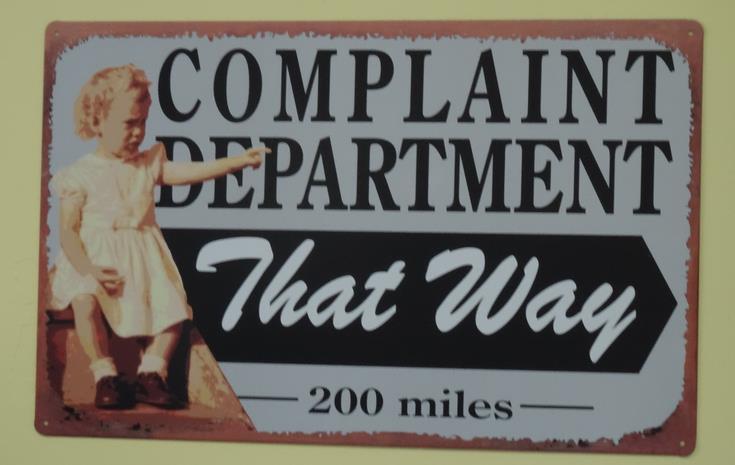
TODAY: Sun reappears, mild. Winds: S 10-20. High: 45
MONDAY NIGHT: Partly cloudy. Low: 32
TUESDAY: Clouds, few rain showers possible. Winds: S 8-13. High: 44
WEDNESDAY: Intervals of sun, feels like March. Wake-up: 31. High: 43
THURSDAY: Cooler front arrives, few showers likely. Winds: W 15-25. Wake-up: 34. High: 45
FRIDAY: More clouds than sun, cooler. Winds: NW 8-13. Wake-up: 35. High: 39
SATURDAY: Mostly cloudy, seasonably cool. Winds: NW 7-12. Wake-up: 29. High: 34
SUNDAY: Storm probably stays east. Peeks of sun. Winds: N 7-12. Wake-up: 26. High: 32
Climate Stories...
Chasing a Climate Deal in Paris. Here's the latest on efforts by 180 countries to agree on limiting greenhouse gas emissions, an excerpt at
The New York Times: "...Climate Interactive, an American group with ties to the Massachusetts Institute of Technology,
projects
that by the end of the century, the deal would allow the planet to warm
about 3.5 degrees Celsius (6.3 Fahrenheit) above the level that
prevailed before the Industrial Revolution. That is an exceedingly
worrisome number that would mean an extensive melting of the polar ice
caps and a large rise in sea levels. A coalition of European think
tanks, operating under the name Climate Action Tracker,
projects
an increase of 2.7 degrees Celsius (4.9 Fahrenheit) under the deal —
still pretty worrisome, but closer to the two degrees Celsius (3.6
Fahrenheit) that countries agreed five years ago would be
a climatological red line.
Science to the Rescue on Climate Change. Here's the introduction to an Op-Ed from the Wisconsin State Journal at
madison.com: "In the hit movie “The Martian,” an astronaut played by Matt Damon is left for dead on the Red Planet. “
So
in the face of overwhelming odds,” Damon’s character says, “I’m left
with only one option: I’m going to have to science the sh-- out of
this.” And he does, growing potatoes using Martian soil to stay alive
and recycling a space probe to communicate with NASA, among other feats
of knowledge. It’s Hollywood fantasy. Yet a similar can-do attitude
(minus the naughty words) has pervaded Paris in recent days, thanks in
large part to billionaire technologist and investor Bill Gates. Here on
Earth, the reality of climate change demands American ingenuity to
dramatically reduce carbon pollution that’s warming our planet and
jeopardizing our environment, the economy, and the future of our
children and grandchildren, Gates told world leaders at the Paris
climate summit..."
Growing Connection Between Climate Change, Terrorism Affects Politics.
If you're dismissive of climate science, odds are you won't connect the
dots. Like our military is doing at the present time, according to
Newsweek. Here's an excerpt: "...
Earlier
this year, the Pentagon released a detailed report on the security
risks of global warming, concluding that “climate change will aggravate
problems such as poverty, social tensions, environmental degradation,
ineffectual leadership and weak political institutions that threaten
stability in a number of countries.” The intelligence community agrees: Former CIA Director Leon Panetta, current Director of National Intelligence James Clapper and current CIA Director John O. Brennan
have all weighed in on climate-related political destabilization in
resource-poor countries. In a report to the Senate Armed Services
Committee, Clapper’s office wrote that “extreme weather, climate change,
and public policies that affect food and water supplies will probably
create or exacerbate humanitarian crises and instability risks,” citing
climate change as a potential cause of water scarcity in dry regions
like the Middle East..."
Photo credit: "
The
Eiffel Tower is lit with blue lights as part of the events in the
French capital to mark the World Climate Change Conference. The terror
attacks that shook Paris in November led to increased security at the
climate change talks." Eric Gaillard/REUTERS.
This Realtor Wants to Make Money Off Climate Change. Is That So Bad?
Seas are rising - it only makes sense to factor in projections of sea
level rise and how they might impact beachfront properties. Dollars and
sense. Here's an excerpt from Grist: "...The
idea for Higher Tides, Collins told me, came after his family’s home
was destroyed by Hurricane Sandy. Afterward, Collins realized that not
only is climate change a real and present danger, it’s also a business
opportunity: “I wanted to say something about climate change and apply
my skills as a real estate agent as well. I found that this is a viable
business opportunity. Yes, it’s obviously ridiculous but it is a niche
market that hasn’t been tapped yet, so we decided to run with it.” What
Higher Tides does, in essence, is help people decide where to move based
on climate models and projections. “We are looking for clients that
either want to relocate because the water level is rising or the
temperatures are changing or the ecosystems around them are completely
dying off,” Collins said..."
Liberals and Conservatives vs. Climate Change. As if often the case the right answer is somewhere in the middle, as the author of this (brilliant) Op-Ed argues at
The Pittsburgh Post-Gazette; here's a clip: "...
On
the other hand, the most effective climate-change solutions marry
liberal and conservative thought. Under carbon fee and dividend, for
example, the government would charge carbon-emitters a fee to reflect
the damage that fossil fuels do to both the environment and to human
health. This would give them a huge, market-driven incentive to reduce
their carbon emissions. The fee would be refunded to households so as to
not grow the size of government. This would also help the poor. A
border adjustment fee — a tariff on imports based on the carbon
emissions and policies of importing countries — could ensure that U.S.
manufacturing would not be disadvantaged and would give other countries
an incentive to institute similar policies. Subsidies and regulations
could be scrapped — market forces would render them unnecessary — so as
to create a level playing field..."
4 Cities That Are Leading The World on Climate Action. Washington D.C. made the cut; here's why - courtesy of
ThinkProgress: "...
In 2015, Washington, D.C. made history when it entered into an agreement
with Iberdrola Renewables LLC to supply 35 percent of the government’s
electricity with wind power from a 46-megawatt wind farm. It was the
largest purchase of wind energy by a U.S. city to date, and also made
D.C. the first city without a municipal utility to enter into a
long-term wind power purchase agreement. The agreement — which only
applies to the D.C. government’s electricity, not all of D.C. — will
reduce the D.C. government’s greenhouse gas emissions by 17 percent
annually, saving some 10,000 tons of carbon emissions per year. That’s
the same as taking nearly 2,000 passenger vehicles off the road..."
Senator Vows to Shield U.S. Climate Funding from Republican Cuts.
Bloomberg Business has the article; here's an excerpt: "
Senator
Tom Udall vowed to protect $500 million of U.S. climate aid from cuts
sought by Republican lawmakers as a delegation of 10 Democratic senators
endorsed efforts by 195 nations to forge a new United Nations-sponsored
global deal on climate change. “That would be included in the omnibus,
and we are going to protect those” appropriations, Udall said Saturday
in an interview in Paris, referring to spending legislation being
prepared in Congress. Udall, a New Mexico Democrat, was in Paris where
two weeks of UN discussions on global warming are at their mid-point..."
Arnold Schwarzenegger: Simplify the Message on Climate Change. Here's a clip from
The Sacramento Bee: "...
We’ve
just got to simplify the message,” he said. “We need to have the
general public become part of the movement, and the only way the general
public becomes part of the movement is if it is a simple message, and
if it’s an uplifting message, and if they know that if we don’t go in
the right direction it goes south and we’re going to have the
consequences of all these people dying. And I think we can do better
than that...”
Read
more here:
http://www.sacbee.com/news/politics-government/capitol-alert/article48002305.html?utm_source=hootsuite#storylink=cpy
A Lesson from Kyoto's Failure: Don't Let Congress Touch a Climate Deal. Here's a clip from an article at
FiveThirtyEight: "...
The
Paris approach is less ambitious, but it’s probably more realistic. The
pledge that his administration submitted to the climate conference — to reduce emissions by 26 percent to 28 percent below 2005 levels by 2025
— relies on actions administered through the Environmental Protection
Agency and Department of Energy, which gets around the need for
congressional ratification. Republican members of Congress are already
fighting these measures, and if a Republican takes the White House, the
administrative actions could be undone. While politicians talk about
what to do, greenhouse gas emissions continue to rise. Since the Kyoto
Protocol was negotiated, the number of weather and climate disasters
worldwide has risen 42 percent, and the seas have risen nearly 6.2 centimeters, on average."
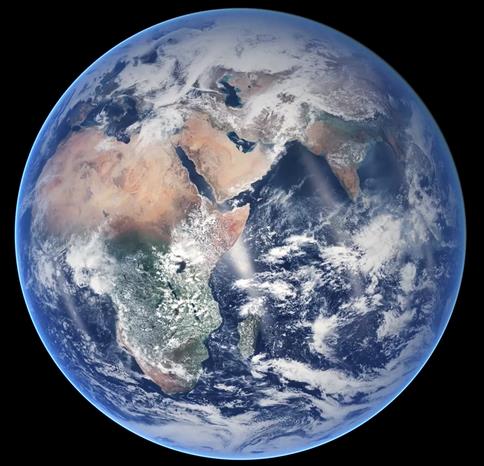
Climate Change and Choosing Where to Invest. Here's an excerpt of an interesting story at
The New York Times: "...Because climate change is happening slowly, Mr. Richardson said, the urgency to act immediately doesn’t seem as great. “
One
of the challenges the world has had in addressing climate change is
that it’s viewed as a long-term problem,” he said. Investors, he said,
“say, ‘Yes, it’s a long-term problem, and it’s not going to affect my
portfolio anytime soon.’ We’d say you’re right. Climate change as a
weather phenomenon isn’t going to affect your portfolio in five to 10
years. But in the shorter term, there is policy and regulatory risk to
climate change.” By regulatory risks, he was referring to a possible
carbon tax on carbon-heavy industries like those in oil and gas, energy and transportation. Any tax could be a drag on the returns of companies in those industries..." (Image credit: NASA).

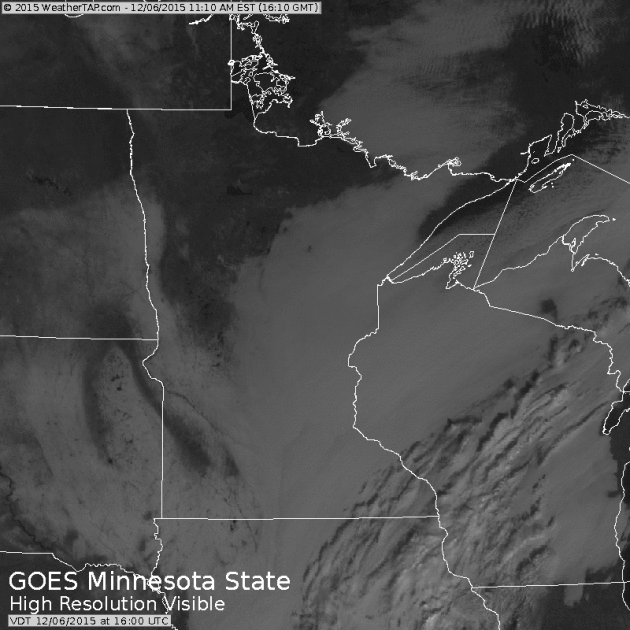
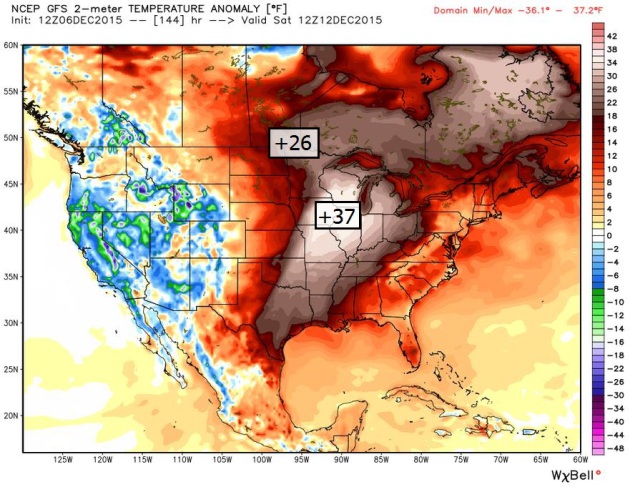
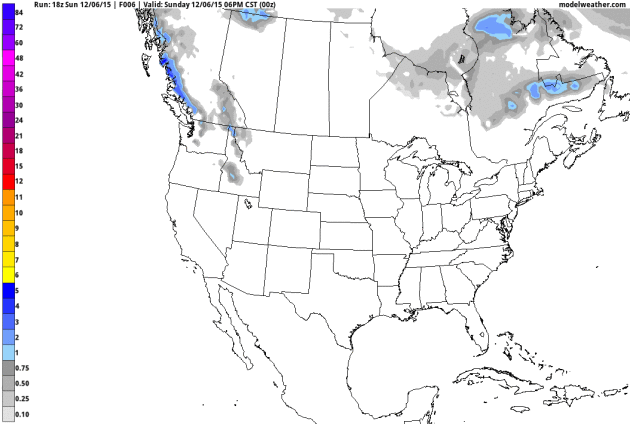
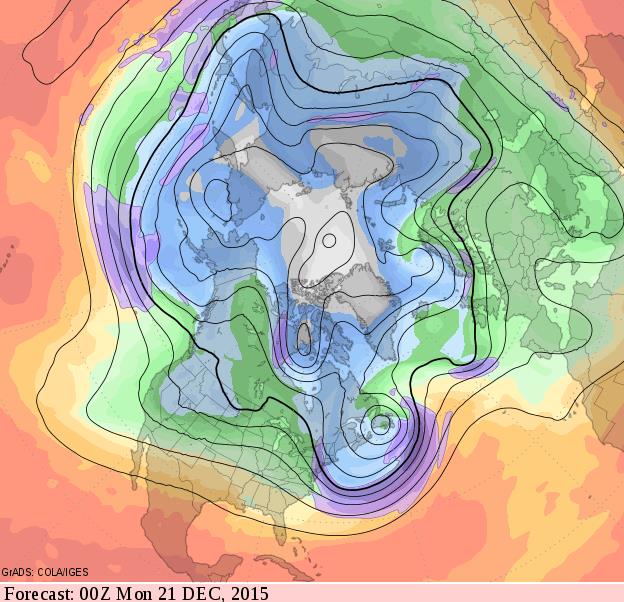
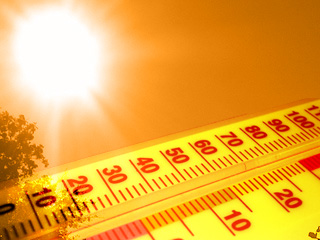
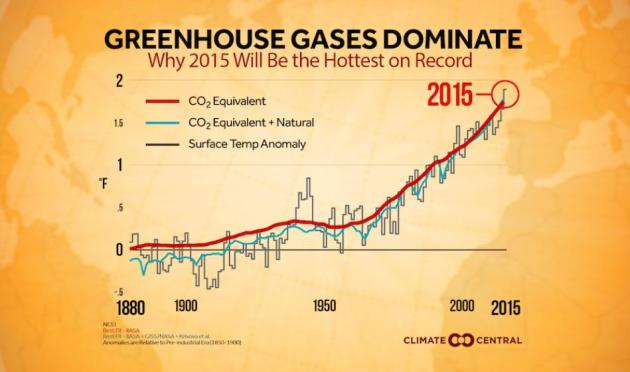
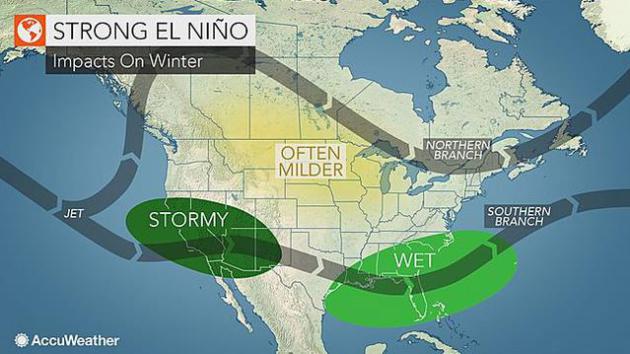
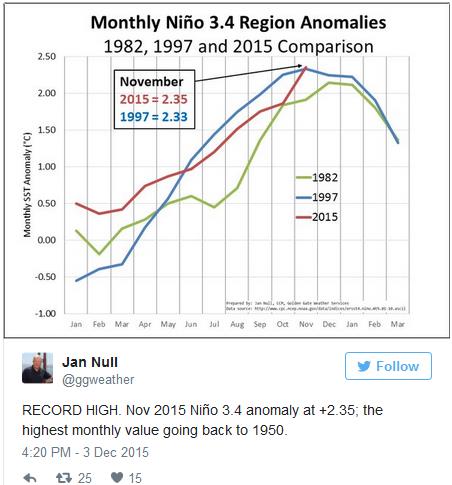
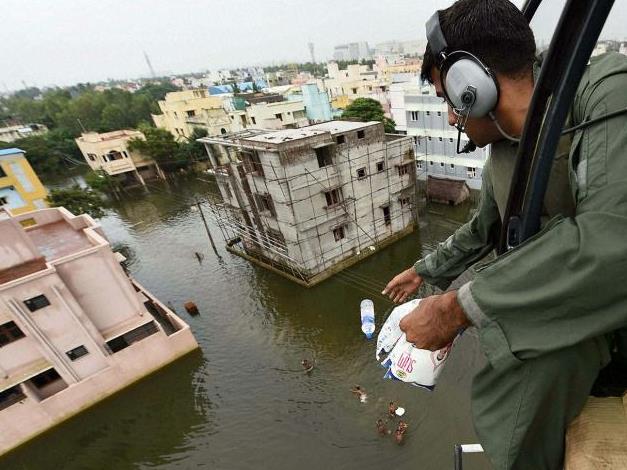
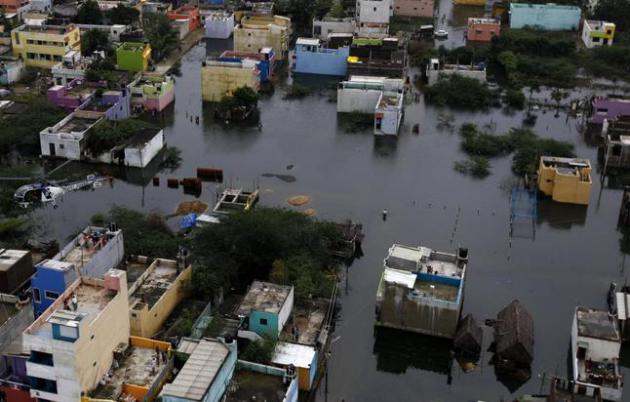

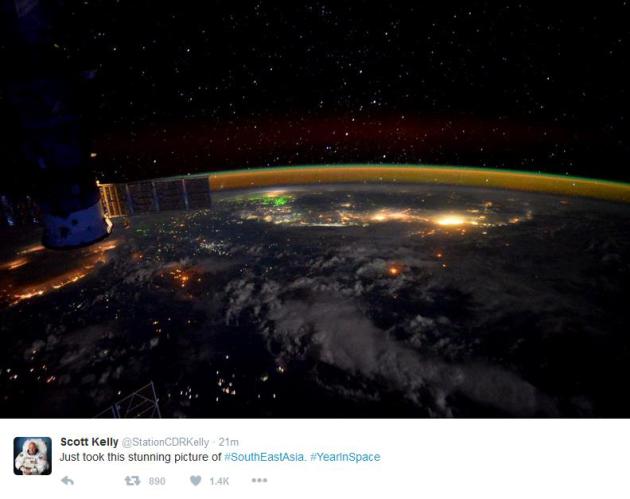
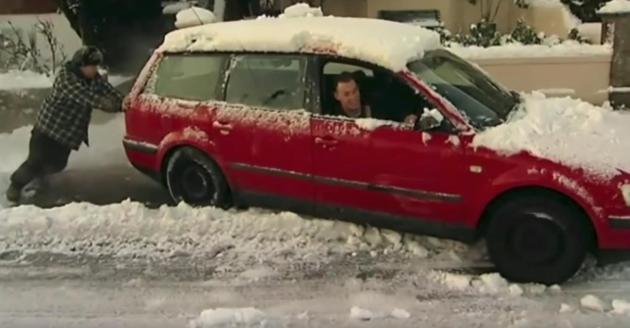

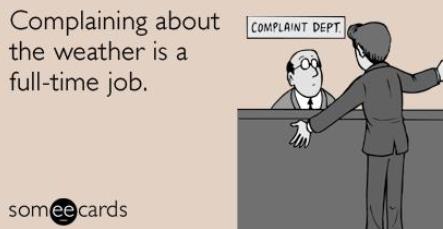
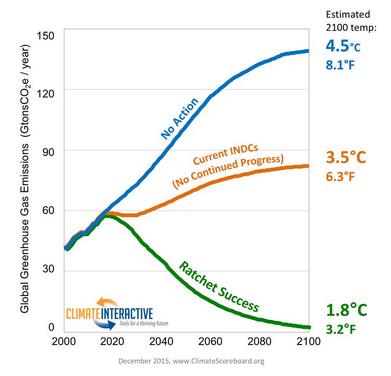

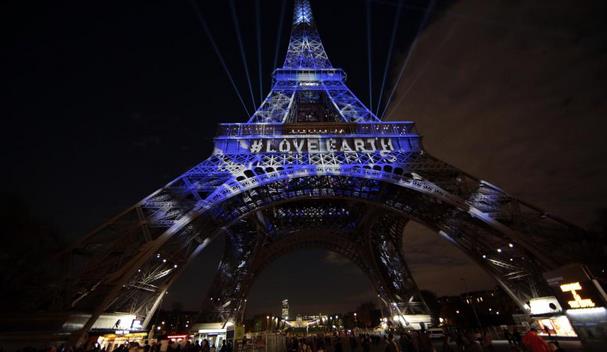
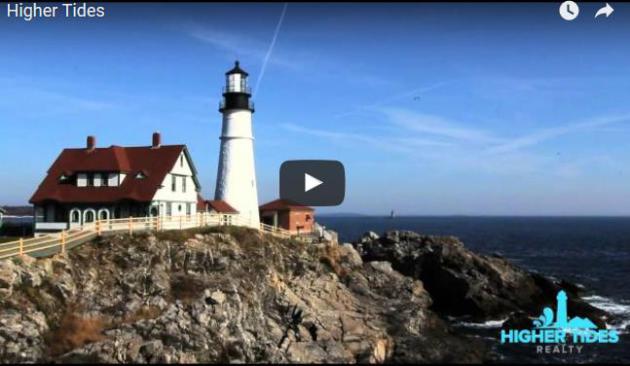
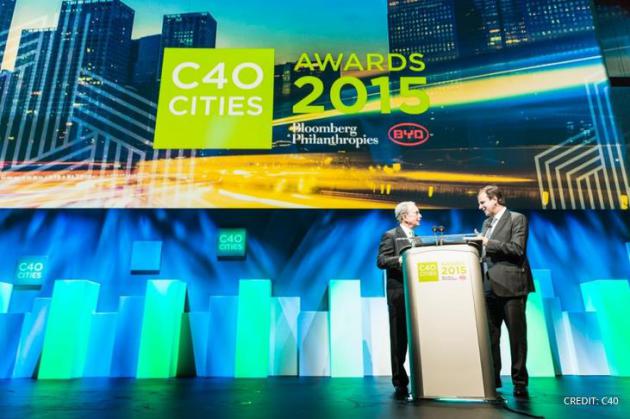

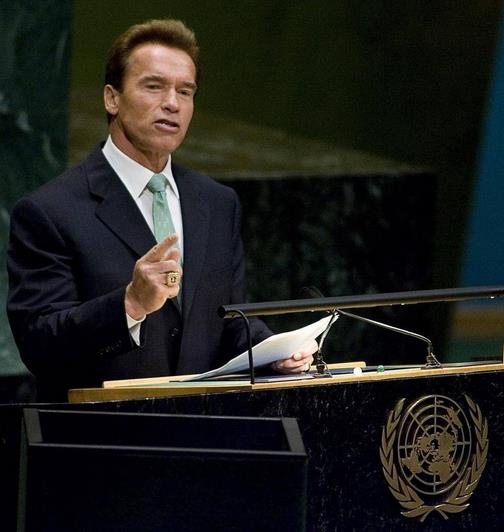
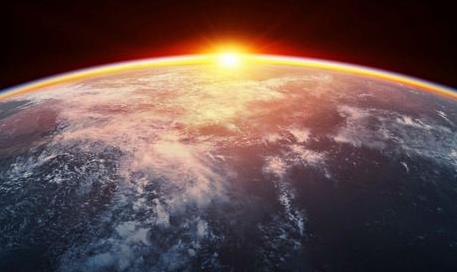

No comments:
Post a Comment